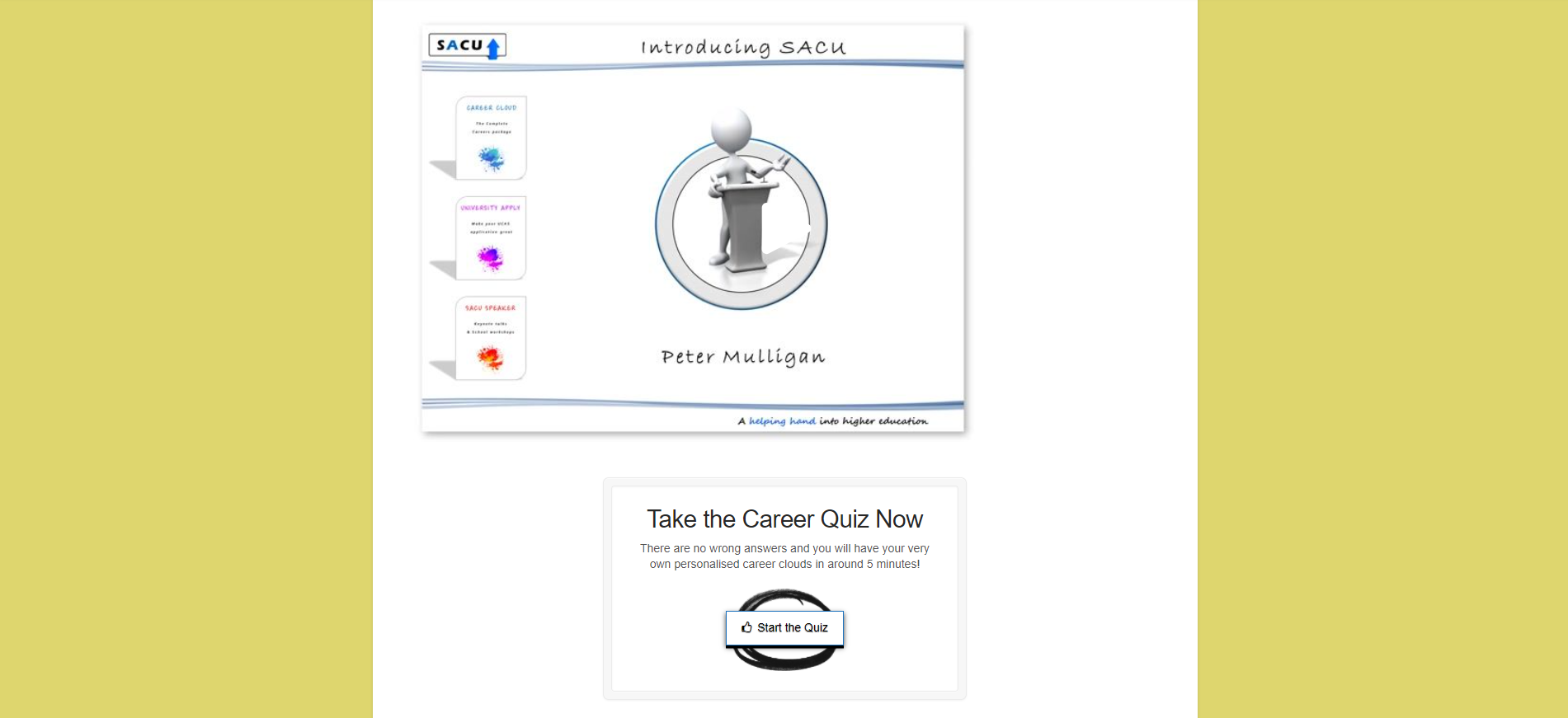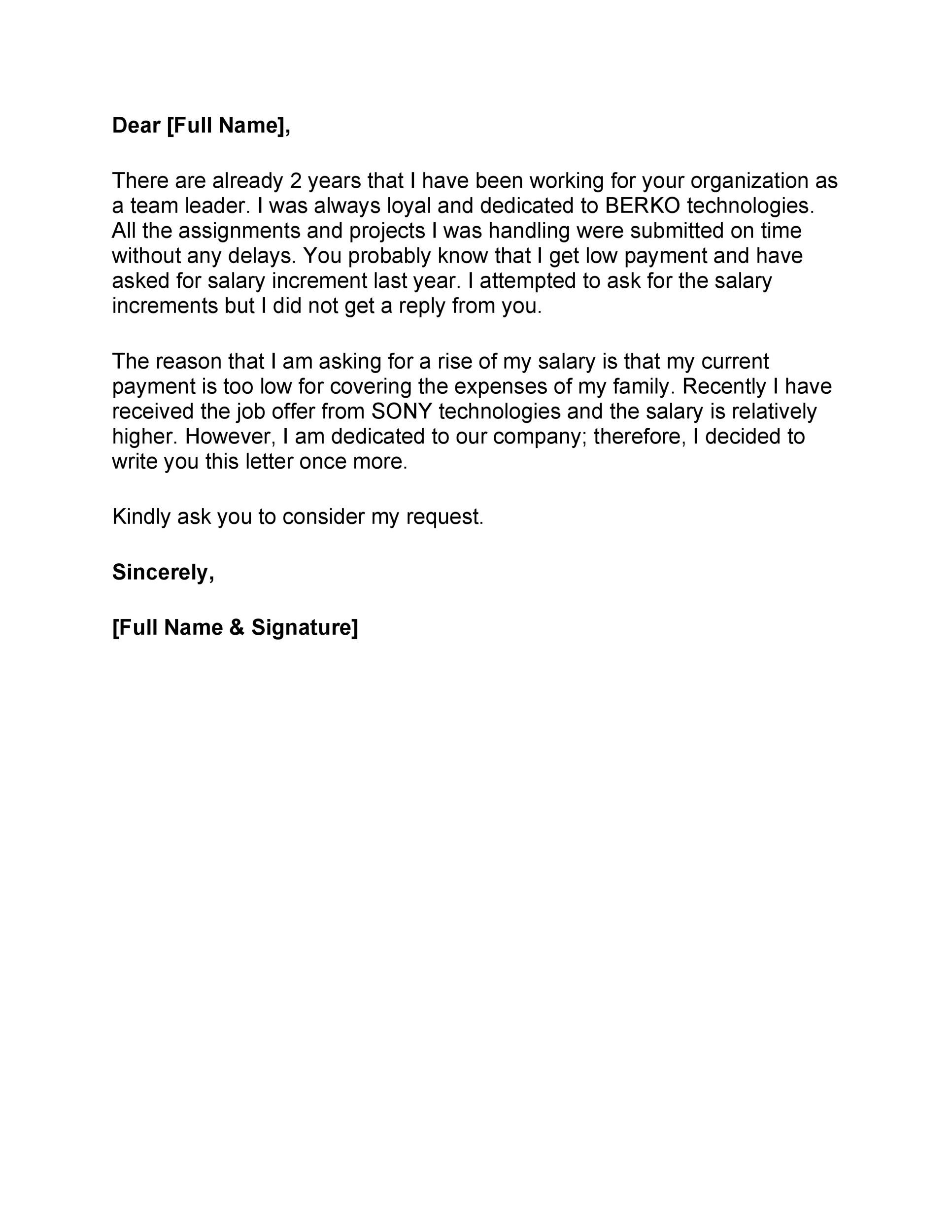
You must take steps as a student to prepare for your future career. These steps include selecting a major and choosing a course. Avoiding "easy" paths will help you prepare for your career. These tips will help you get started. Keep your passions alive and don't hesitate to ask for help.
Locate a major
Choosing a major is one of the most important decisions students make when going to college. It may seem overwhelming but choosing a major is not difficult nor time-consuming. Here are a few tips to help you choose a major: First, consider your strengths and weaknesses. You might want to study event management or event planning if you are skilled at organizing events. Or, if your personality is more extrovertive, you might be interested in a career marketing.
A guidance counselor can help with choosing a major. They will also give you career advice. It is a good idea to meet with professors and teachers to discuss your interests. They can also help you decide what major to pursue. You may also consider getting an internship or volunteering for a company or organization. These experiences will allow you to gain insight into the daily working environment.

Choose a course
When selecting a course of study for university, it's best to choose a course that reflects your interests and core values. A course that is based around your core values and strengths will give you a rewarding experience. But, you should remember to be flexible as your choices may change.
When choosing a course of studies, it is important to consider factors like economic advantage, interest, ability, and cost. Students who choose a course of study that reflects their interests and aptitude tend to perform better at school. To determine your talents and interests, take a personality test.
After graduation, prepare for a career
Students are likely to be anxious about finding a job as soon as they graduate. In fact, 66 percent of graduates are not very optimistic about finding a job that suits their career goals. This is why it is crucial for graduates to prepare for the job market. You have many options to make this transition smooth.
It is important to narrow down your interest field before you can start looking for a career. There are many entry-level jobs available in some industries. This is why it is so important to narrow down your options. You can start by looking through job postings in order to locate relevant positions. Next, search job postings to identify keywords that are most commonly used in these positions. Also, determine what industries have the highest concentrations of those keywords.

Do not take the "easy" route
When seeking career advice for students, it is tempting to go the easy route. Employers are attracted to those who have internship experience or pre-professional degrees, especially in this economic climate. However, employers are increasingly attracted to graduates with internship experience and pre-professional degrees. It is important to take a proactive approach by reading company developments and mining alumni data.